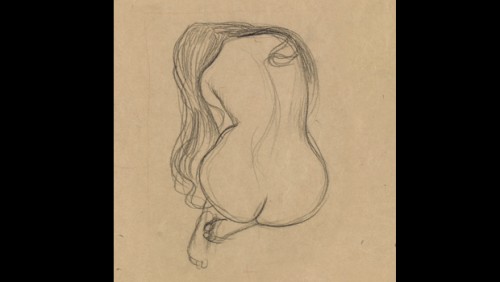By Emily Votaw
The bombastic, bloated folk rock genre that preys on miseducated high schoolers and middle-aged women is powerful. Mumford & Sons aren’t rock ’n’ roll, and they obviously aren’t trying to be – but could they at least attempt to grow a pair and make music that isn’t completely gutless. The Lumineers might not be capable of making captivating music. Something that isn’t their fault, really, but shouldn’t be taken out on the masses either.
Simone Felice is of the same ilk. It’s no coincidence that Jeremiah Fraites of the Lumineers contributes, for better or for worse, to Felice’s most recent release, “Strangers.”
Typically a good producer stands between a complex, invigorating album and an all-and-out “stinker.” “Strangers” is not salvageable, even if David Baron is a decent producer, evidence of which is not anywhere on this album, but may or may not be true. You can only do so much with choruses of “oh oh ohs” or “la la las.”
The album starts out on an OK note, Felice doing his best contrived Bob Dylan imitation on “Molly O!” a song that is as annoying as its title. To say that this particular track is the best the album has to offer is only the truth, unless you’re willing to dive into the dark and ever-foreboding world of anti-comedy, in which case you could arguably hear the entirety of the album as some kind of mildly entertaining sick joke.
“Running through My Head” starts with some optimistic lyrics about a strip mall, but devolves into yet another token sad song with ill-fated gospel undertones. Felice is going after the weirdo gospel sound that Edward Sharpe and the Magnetic Zeros consistently strive for and consistently fail to achieve. By the end of the song, the listener is left with a sense of contained and diluted longing, a phrase that could aptly describe the majority of the album. Felice is singing about missing someone, about the space that cannot be filled by anyone else. Yet his attempt at expressing this perfectly packaged folk song material falls short of perfection. Or even guilty pleasure.
Folk rock in all of its myriad forms is a derivative of straight folk music – a man and his guitar. Or a woman and her guitar. Or a couple friends with various instruments, playing sans amplification. The tenderness that is inherent in this type of music is the core of folk music; what makes it beautiful, what makes it such an apt expression of the human experience. When that intimacy and humanness is stripped away and replaced by overblown production and impersonal, vague lyrics, everything about it falls flat. As “Strangers” does.
At first, “Gettysburg,” a relatively deep cut from the 10-track album, seems like it will bring the instrumental and atmospheric nakedness that “Strangers” is starved of. It sounds initially like it might finally contain the intimacy that the rest of the album is lacking. But then the “oh oh ohs” come in. Phil Spector girl groups and particular Motown recordings pull off the syllable chorus perfectly. Felice just doesn’t.
For whatever reason, there are a couple of places throughout the album that truly come across as novelties, something that Felice is doing incredibly well if it is intentional. “The Best That Money Can Buy” has a laughable transition from Felice’s dreadful Cat Stevens style yowl into dreary horns. The grandiose nature of the song shamelessly jumps the shark into comedy territory, although it isn’t anything you would want to recreate, hear in person or willingly have on your iPod.
There very well may be something masterfully hidden in Felice’s music – between the sickening production and the overt reliance on folk rock clichés. Something interesting and attention grabbing. Something intimate and beautiful. Something Felice is doing a great job at concealing.
Rating: 20/81




Leave a Reply